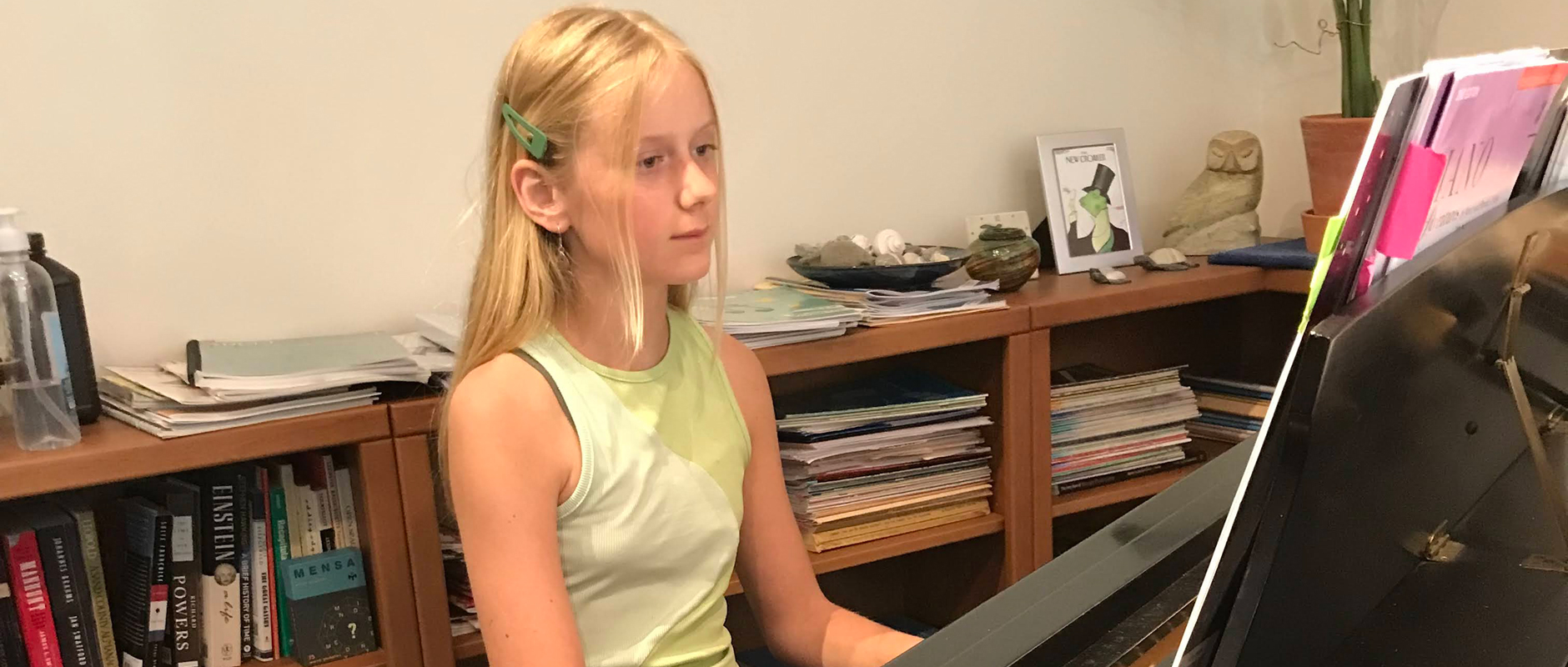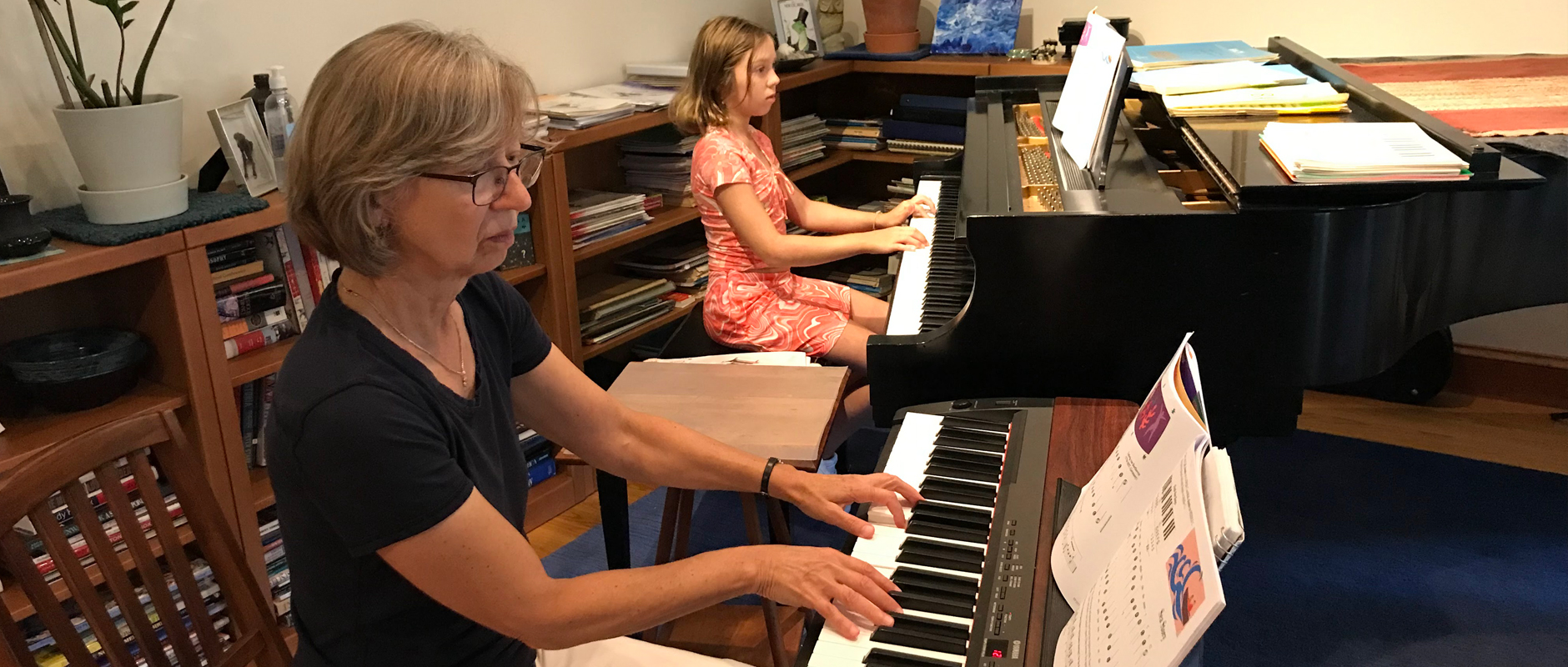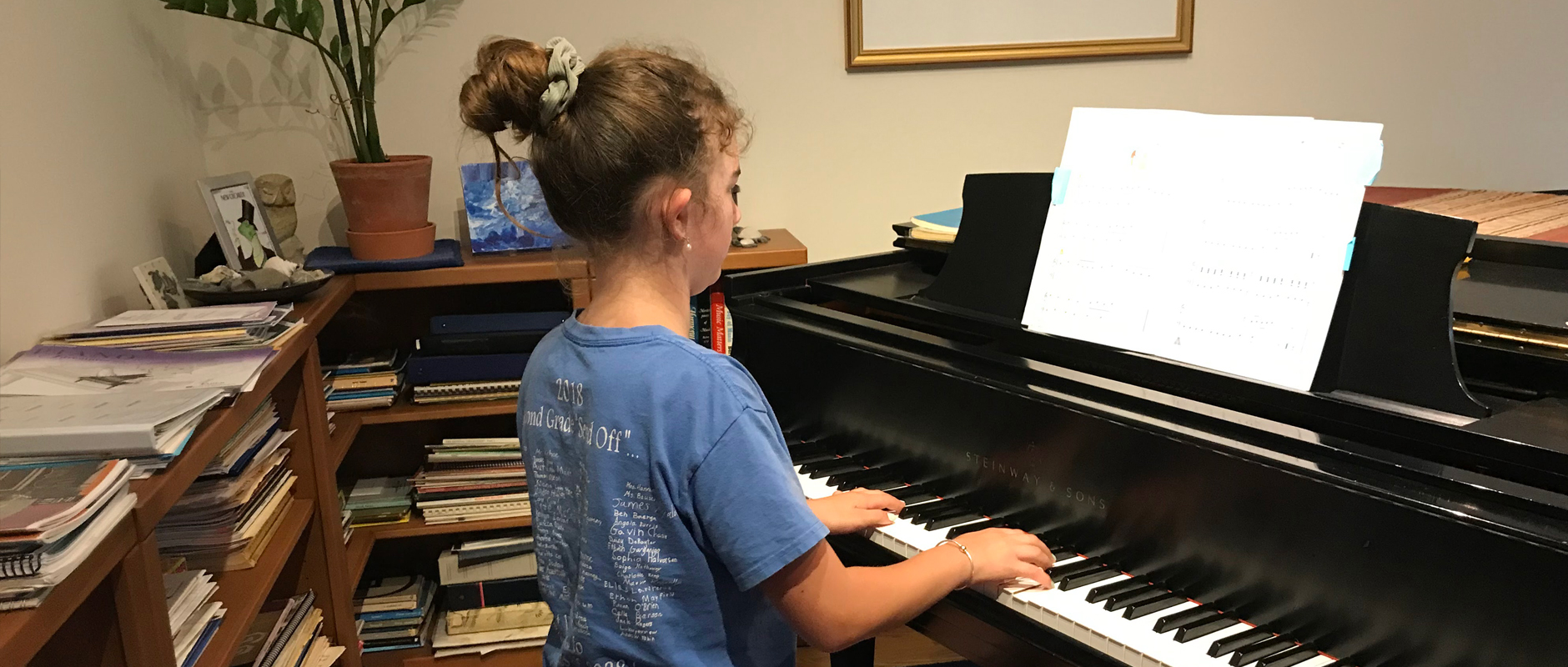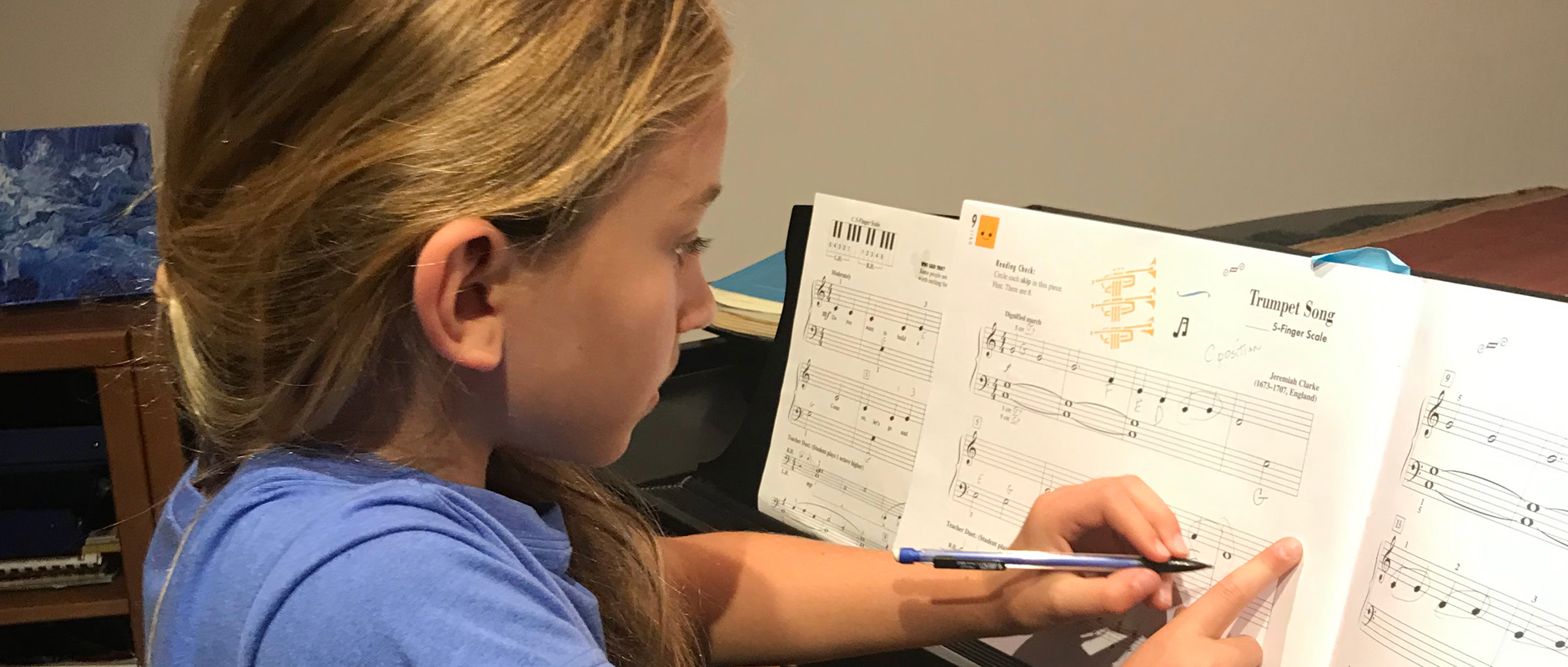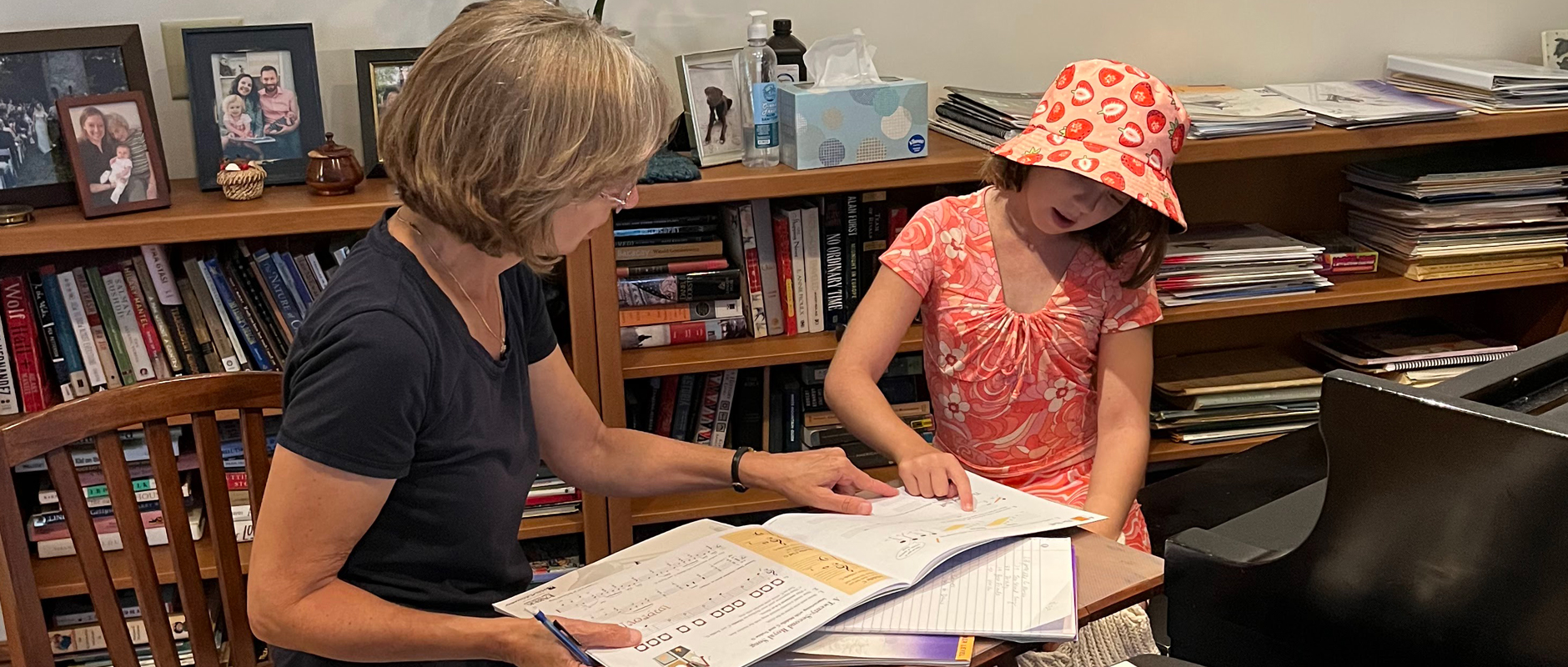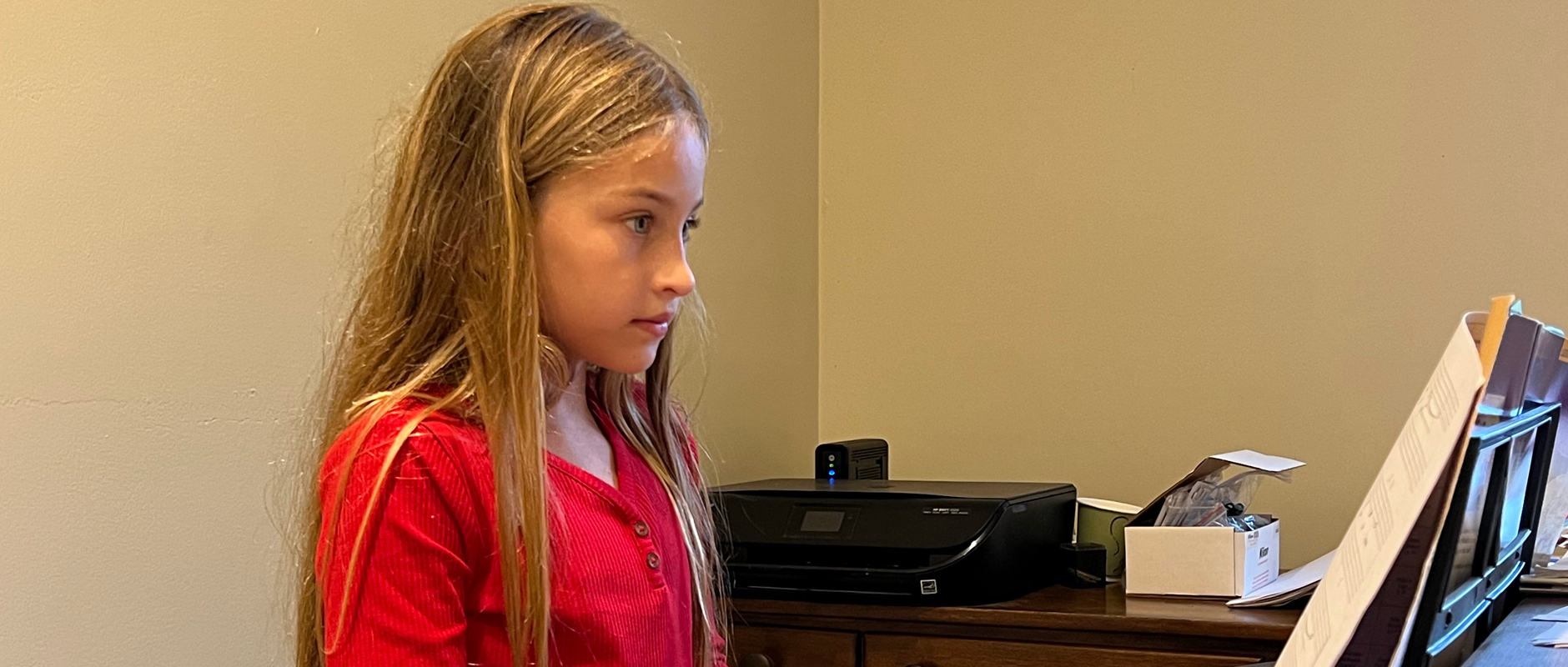classical piano lessons
With an emphasis on note reading, finger technique, and musicianship, students will develop a strong foundation of advanced piano skills.
music theory and technique
Major and minor scales, intervals, and chords are the building blocks of classical piano music. Practicing scales and chords in increasing levels of difficulty is fun and leads to good execution of difficult passages in many piano pieces.
musical styles
All music is good music! While learning traditional classical music, students can also explore other styles such as pop, folk, and jazz.
About Rosemary Levy
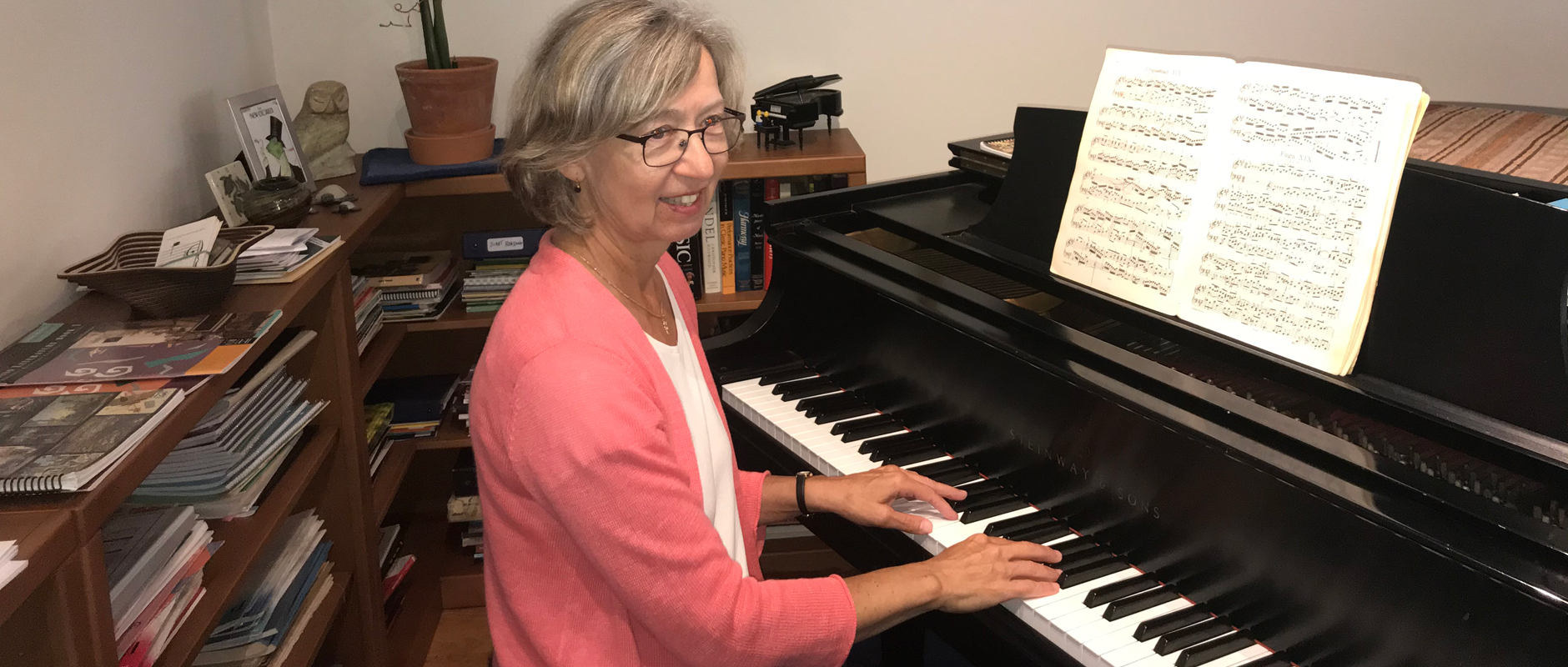
I seek to motivate students to develop their musical abilities and feel a sense of accomplishment. In my home studio I provide a trusting, fun and nurturing environment where students can enjoy the experience of music and piano lessons.
- Piano accompanist, teacher, church organist/music director (now retired)
- Member of the National Guild of Piano Teachers, and the New England Piano Teachers Association (NEPTA)
- B.M. Piano Performance, New England Conservatory of Music
Piano Lessons & Methods
Scheduling
Weekly piano lessons offered Monday-Friday afternoons.
Cancellations - I make every effort to reschedule missed lessons.
School Calendar - typically no lessons on holidays or during school vacations.
Summer piano lessons offered with flexible schedule.
Piano Methods
For beginning students: Piano Discovery Series by Faber and Faber, plus other sources for classical, pop and jazz piano styles.
For advanced students: classical piano repertoire from all periods of music.
Performance Opportunities
Piano parties in my home, twice yearly. Students are encouraged to perform 3 or more pieces each. Parents and relatives are invited in a casual and supportive atmosphere.
Guild Auditions, upon invitation, with memorized programs performed for a judge.
Contact Rosemary Levy

